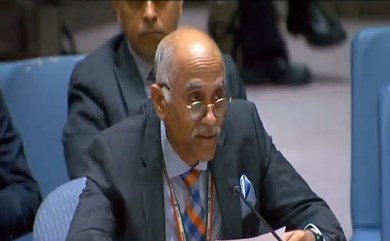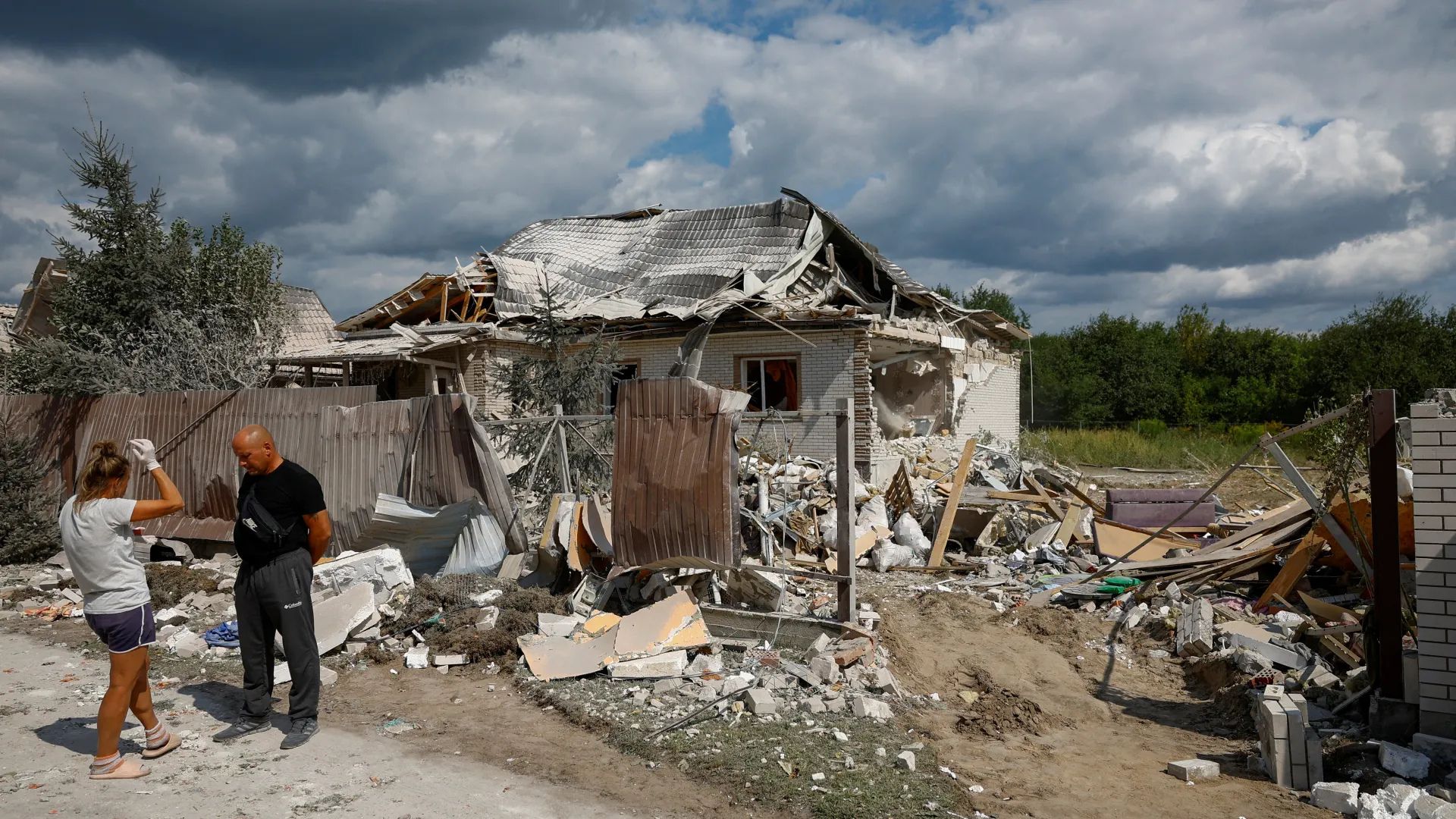
At a recent UN Security Council debate, India’s Permanent Representative, Parvathaneni Harish, sharply criticized Pakistan for raising the Kashmir issue, labeling it a “predictable provocation” aimed at spreading misinformation. Speaking at a discussion on women building peace, Harish called Pakistan’s remarks inappropriate and focused on the “deplorable” state of women in minority communities in Pakistan.
“It is despicable, yet entirely predictable,” Harish said. “One delegation chose to indulge in mischievous provocation based on their pride and tested tactic of spreading disinformation.”
Harish highlighted data from the Human Rights Commission, which revealed that an estimated 1,000 women from minority communities – including Hindus, Sikhs, and Christians – face abductions, forced religious conversions, and forced marriages each year. “The condition of minority women in that country remains deplorable,” he asserted, underscoring the hardships faced by Pakistan’s minority communities.
India’s Permanent Representative used the occasion to reaffirm India’s dedication to the Women, Peace, and Security (WPS) Agenda. Harish praised Switzerland for hosting the debate and thanked the UN Women Executive Director and other representatives for their insights.
“As we approach the 25th anniversary of Council Resolution 1325, India reaffirms its unwavering commitment to the WPS Agenda,” Harish declared. “Sustainable peace requires women’s full, equal, and safe participation at every decision-making level.”
India has made significant contributions to UN peacekeeping, including the historic deployment of the first all-female formed police unit to Liberia in 2007. Harish noted the contributions of over 100 Indian women peacekeepers currently serving around the world, including three all-women engagement teams.
In 2023, Major Radhika Sen received the UN Military Gender Advocate of the Year Award for her service in the Democratic Republic of Congo. She followed Major Suman Gawani, who was similarly honored in 2019 for her work in South Sudan.
Harish highlighted India’s strides in promoting women’s leadership domestically, noting the recent Women’s Reservation Bill passed in 2023. This landmark legislation reserves one-third of seats in national and state legislatures for women, empowering them in political decision-making roles.
He praised the Self-Employed Women’s Association (SEWA) in Gujarat as a leading movement advocating for self-employed women. “SEWA is the largest trade union in India, providing a voice to numerous women in the informal sector and promoting their leadership at all levels,” Harish emphasized.
India’s Permanent Representative encouraged the international community to harness new technologies to enhance women’s participation while also protecting them from online threats and disinformation. “We have leveraged digital tools to minimize the gender divide, enhance financial inclusion, and empower rural women,” Harish noted.
Harish concluded by reiterating India’s dedication to the WPS Agenda, committing to increase women’s representation in peacekeeping, share best practices, and support capacity-building for female peacebuilders. He emphasized India’s readiness to collaborate globally in building a more peaceful, inclusive, and gender-equal world.















